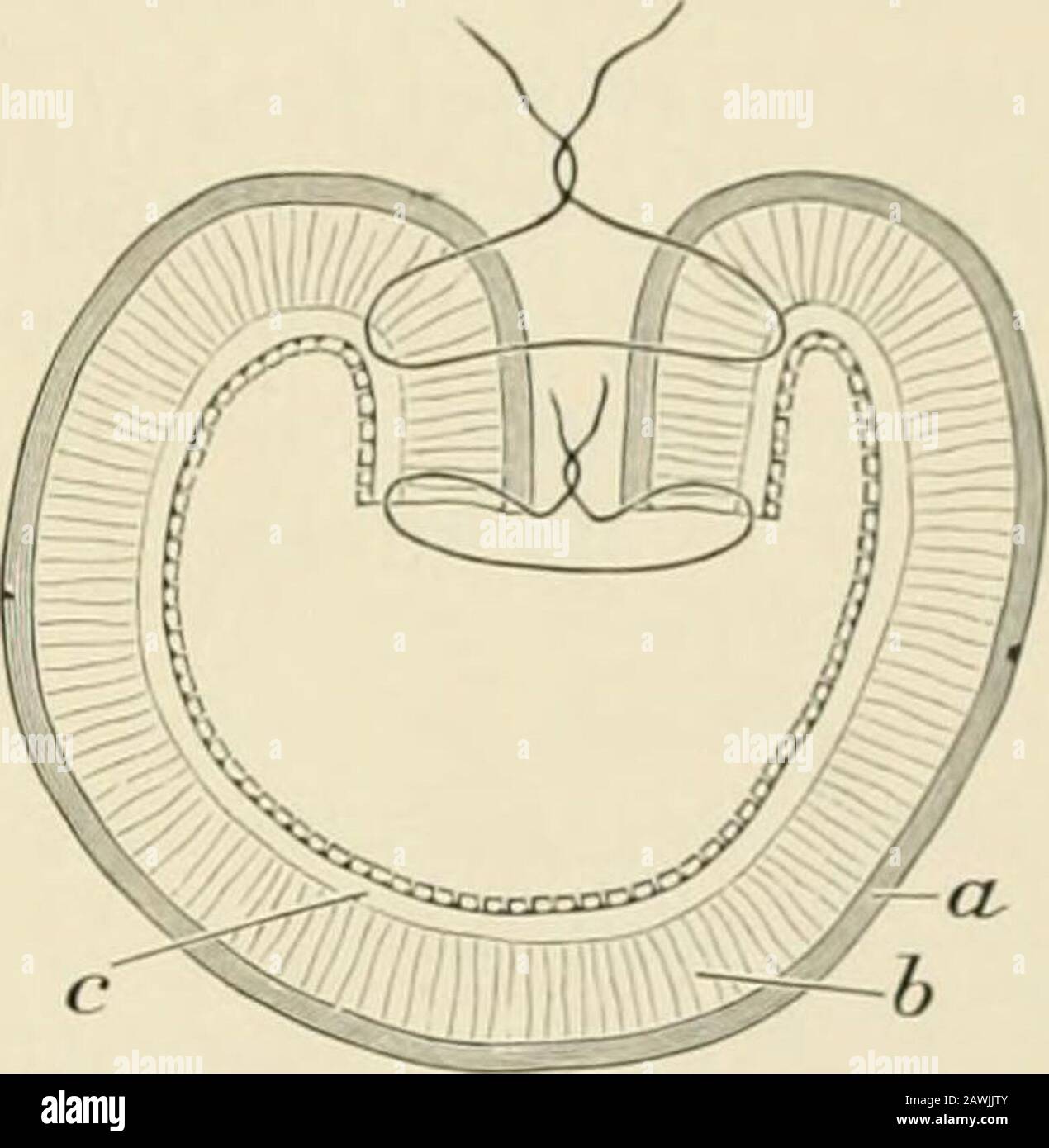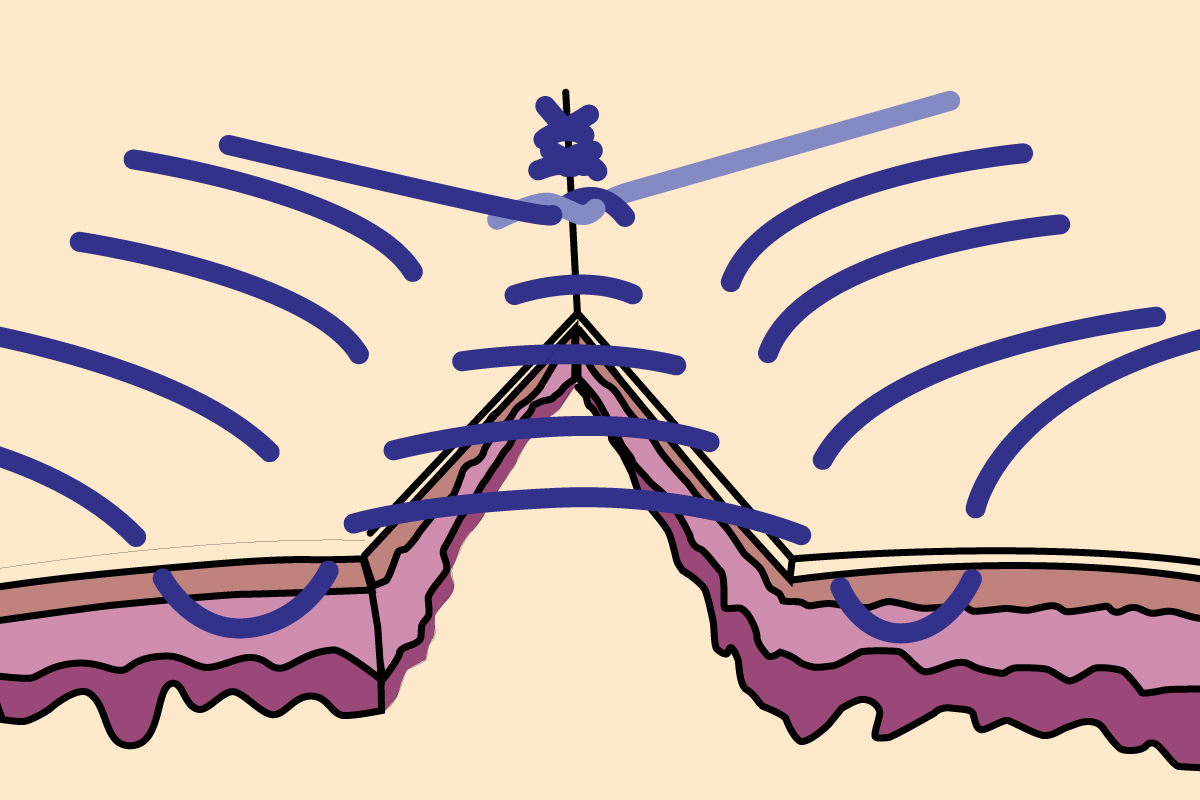Web learn how to perform an inverting lembert suture pattern, a technique for tissue apposition in veterinary surgery, with this video tutorial from michigan state university. These are used to close lumens in large animal species (intestines, bladders, uteri). Web #lembertsutures #surgerysutures #gastrointestinalsurgery #surgerytrainees #medicalstudents #intestinalanastomosis #enterotomyclosure dear friends!basic & adv. Web inverting patterns turn the cut edges inward and minimize exposed suture. 4.6 ligatures and suture patterns.
The gastrointestinal tract is closed with a simple continuous suture pattern to provide apposition of all the layers of the wall of the gastrointestinal tract. 4.6 ligatures and suture patterns. Web in veterinary medicine, the lembert suture pattern is most commonly used when closing hollow viscera such as the stomach, urinary bladder, and uterus in. These are used to close lumens in large animal species (intestines, bladders, uteri). It may be used to recreate the alar.
The continuous lembert pattern is often used for closing incisions in hollow viscera such as the stomach, urinary bladder and uterus. 4.6 ligatures and suture patterns. These are used to close lumens in large animal species (intestines, bladders, uteri). It is begun by first. The needle is inserted perpendicular to the epidermis, approximately 8 mm distant to the wound edge.
Web inverting patterns turn the cut edges inward and minimize exposed suture. The gastrointestinal tract is closed with a simple continuous suture pattern to provide apposition of all the layers of the wall of the gastrointestinal tract. These are used to close lumens in large animal species (intestines, bladders, uteri). With a fluid motion of the wrist, the needle is rotated. The needle is inserted perpendicular to the epidermis, approximately 8 mm distant to the wound edge. The needle is inserted perpendicular to the epidermis, approximately 8 mm distant to the wound edge. The continuous lembert pattern is often used for closing incisions in hollow viscera such as the stomach, urinary bladder and uterus. Web #lembertsutures #surgerysutures #gastrointestinalsurgery #surgerytrainees #medicalstudents #intestinalanastomosis #enterotomyclosure dear friends!basic & adv. It may be used to recreate the alar. Web in veterinary medicine, the lembert suture pattern is most commonly used when closing hollow viscera such as the stomach, urinary bladder, and uterus in. With a fluid motion of the wrist, the needle is rotated. It is begun by first. Web learn how to perform an inverting lembert suture pattern, a technique for tissue apposition in veterinary surgery, with this video tutorial from michigan state university. 4.6 ligatures and suture patterns.
Web Inverting Patterns Turn The Cut Edges Inward And Minimize Exposed Suture.
The needle is inserted perpendicular to the epidermis, approximately 8 mm distant to the wound edge. The needle is inserted perpendicular to the epidermis, approximately 8 mm distant to the wound edge. Web in veterinary medicine, the lembert suture pattern is most commonly used when closing hollow viscera such as the stomach, urinary bladder, and uterus in. Web learn how to perform an inverting lembert suture pattern, a technique for tissue apposition in veterinary surgery, with this video tutorial from michigan state university.
It May Be Used To Recreate The Alar.
The continuous lembert pattern is often used for closing incisions in hollow viscera such as the stomach, urinary bladder and uterus. 4.6 ligatures and suture patterns. It is begun by first. With a fluid motion of the wrist, the needle is rotated.
Web #Lembertsutures #Surgerysutures #Gastrointestinalsurgery #Surgerytrainees #Medicalstudents #Intestinalanastomosis #Enterotomyclosure Dear Friends!Basic & Adv.
The gastrointestinal tract is closed with a simple continuous suture pattern to provide apposition of all the layers of the wall of the gastrointestinal tract. With a fluid motion of the wrist, the needle is rotated. These are used to close lumens in large animal species (intestines, bladders, uteri).








